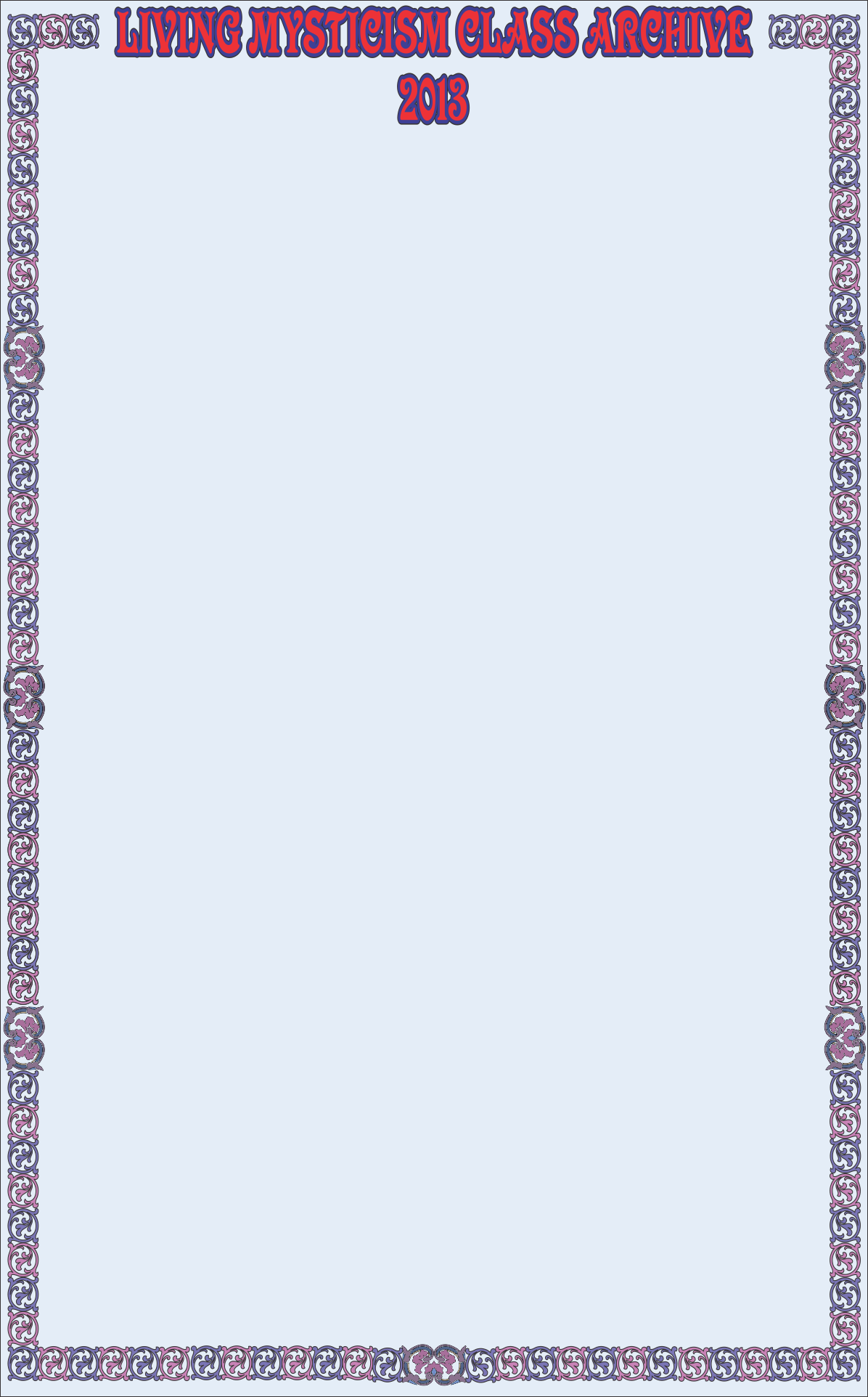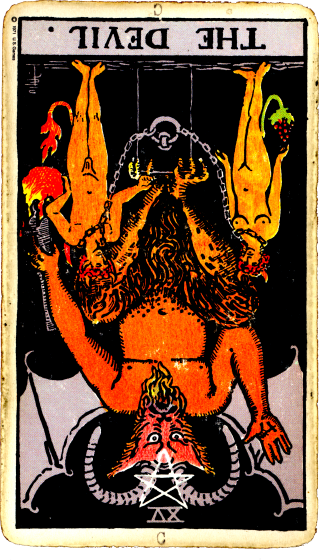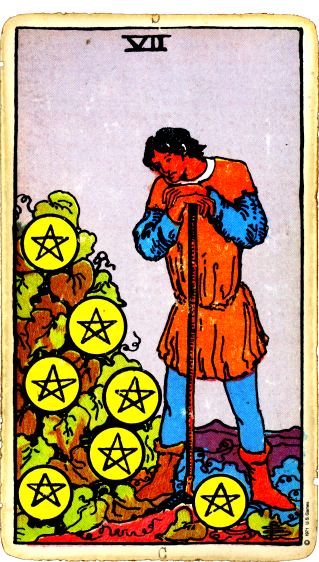

Several years ago there was an article in Smart Planet (an online publication) titled "Decisions, Decisions: Expert sheds light on how to make better choices". Since Charque and I have at some point over the past 41 years taken most of our decision-making to I Ching for comment, I was interested that someone, seemingly quite outside the metaphysics of I Ching or any other metaphysics that I could see, was writing about a practice and process that we are very familiar with. It is a process that Michael Roberto (a professor from Bryant University who was being interviewed by Christina Hernandez from Smart Planet) called "deciding how  to decide". The gist of his argument involved getting enough "divergent thinking in the decision-making process"; stepping back and surveying the whole landscape; not falling into the bias of preconceived notions and then looking for confirmation of those notions; needing a sounding board to get past your own limitations; but then, on the other hand, getting too much information and not knowing what you think. We would add to that, not basing your arguments on false assumptions that seem logical, so that you don't question them. Finally Michael Roberto added that some decisions are just, well, intuitive......... and quite clear! Then, of course, you are up and running and home free..... and don't need I Ching or anybody or anything else. Remember: don't make problems if there aren't any! Or don't trouble trouble, unless trouble troubles you! Otherwise, you are up against what A Course in Miracles calls "the conditioned mind" that needs to break free from its conditioning.(This breaking free is in the reversed Devil card in Tarot.)
to decide". The gist of his argument involved getting enough "divergent thinking in the decision-making process"; stepping back and surveying the whole landscape; not falling into the bias of preconceived notions and then looking for confirmation of those notions; needing a sounding board to get past your own limitations; but then, on the other hand, getting too much information and not knowing what you think. We would add to that, not basing your arguments on false assumptions that seem logical, so that you don't question them. Finally Michael Roberto added that some decisions are just, well, intuitive......... and quite clear! Then, of course, you are up and running and home free..... and don't need I Ching or anybody or anything else. Remember: don't make problems if there aren't any! Or don't trouble trouble, unless trouble troubles you! Otherwise, you are up against what A Course in Miracles calls "the conditioned mind" that needs to break free from its conditioning.(This breaking free is in the reversed Devil card in Tarot.)
There is a lesson in A Course in Miracles, Lesson 24 "I do not perceive my own best interests" where the Course states that "If these exercises are done properly you will quickly recognize that you are making a large number of demands of the situation which have nothing to do with it. You will also recognise that many of your goals are  contradictory, that you have no unified outcome in mind, and that you must experience disappointment in connection with some of your goals, however the situation turns out." (ACIM Workbook). A conscientious, thorough and meditative exploration of your mind is needed in any decision-making process just to recognise what all of your expectations actually are, in relation to any situation. Sometimes you just don't realise how enormous and/or ridiculous your expectations are. I have learned to become very suspicious of an upright 7 of Pentacles in a Tarot reading because, more often than not, it points to unrealistic expectations which in turn can stall or completely paralyse the decision-making process. And reversed, the 7 of Pentacles is no better because it is so agitated about outcome. As a counter to this kind of agitation, I Ching advises "to not count on the harvest while ploughing, nor on use of the ground while clearing it" (I Ching, Wilhelm edition, Hexagram 25 "Innocence/the Unexpected").
contradictory, that you have no unified outcome in mind, and that you must experience disappointment in connection with some of your goals, however the situation turns out." (ACIM Workbook). A conscientious, thorough and meditative exploration of your mind is needed in any decision-making process just to recognise what all of your expectations actually are, in relation to any situation. Sometimes you just don't realise how enormous and/or ridiculous your expectations are. I have learned to become very suspicious of an upright 7 of Pentacles in a Tarot reading because, more often than not, it points to unrealistic expectations which in turn can stall or completely paralyse the decision-making process. And reversed, the 7 of Pentacles is no better because it is so agitated about outcome. As a counter to this kind of agitation, I Ching advises "to not count on the harvest while ploughing, nor on use of the ground while clearing it" (I Ching, Wilhelm edition, Hexagram 25 "Innocence/the Unexpected").
I Ching, which is billed both as an Oracle and a Book of Wisdom, not only advises you as to your situation and decision, but it can also lead you to an awareness of these divergent and fluctuating perspectives in your mind, where, as ACIM points out, you often have very conflicting goals. Such goals make decision-making at best uncomfortable and at worst impossible. So it's as well to survey the landscape of your mind at the same time as surveying the landscape of whatever decision you are trying to make. Don't, at least initially, make the mistake of thinking that your mind is centred and sane, and that it truly knows what it wants! (unless, of course, it really is in touch with intuition.) Or, as I Ching puts it in one hexagram, "do not discount the possibility of inhibitions" which, translated, means don't discount your unconscious drives, impulses and addictive patterns. (I Ching, Wilhelm edition, Hexagram 31, "Influence".) Know yourself first, then you will recognise and know the world you are dealing with and where this decision falls in the larger scheme of things. As was written above the Delphic Oracle in Ancient Greece, "Know thyself, and thou shallt understand the whole universe."
I Ching has evolved over the past 3000 years or so from a Yes/No Oracle, initially read from Nature, into a Book of Wisdom. It is based on the alternating and fluctuating principles of Yang and Yin, Positive and Negative, Conscious and Unconscious, Projective and Magnetic, Expansive and Contractive from which ALL of Creation emerges, both Creation-at-Large, as well as your own personal creations. I Ching means Book of Changes. The quote I drew on last week, "time as a means of making actual what its potential", comes from Hexagram 1, "The Creative". There are 64 hexagrams in all, each with 6 moving or changing lines. The western method of consulting the Oracle and obtaining relevant information uses 3 coins, with heads and tails signifying yang and the yin and a number value of 3 and 2 respectively. From a series of six throws, you obtain your relevant hexagram(s) and line(s). Since the best way to get to know and understand I Ching is to use it, that is what we advise and teach, and will do so this next Thursday. Here again is a link to our discussion of the I Ching and how to use.